
We have a new podcast! It’s called Universe Of Art, and it’s all about artists who use science to bring their creations to the next level. Listen on Apple Podcasts, Spotify, or wherever you get your podcasts.
Protecting Other Planets From Earth’s Germs
For decades, people have been trying to figure out how to avoid contaminating other planets as they explore them—an idea called planetary protection. As missions venture forth to places such as Mars or Jupiter’s moon, Europa, the need to protect worlds that could support life becomes more critical. And at the same time, as space programs begin to bring samples back to Earth from places like Mars or asteroids, planetary protection becomes a concern in another way—the need to protect Earth from potential unknown life forms from the cosmos.
Sending humans to another world raises the stakes even more. NASA has a limit of no more than 300,000 spores (single-celled organisms) allowed on board robotic Mars landers. But human bodies contain trillions of microorganisms, making it impossible for human missions to achieve the same level of microbial cleanliness as robotic landers.
Dr. Nick Benardini is a NASA official responsible for ensuring that the proper precautions are made to prevent humans from contaminating outer space. Ira Flatow spoke to him about how to avoid spreading microbes between planets.
Ask An Expert: An Evolution Education
Most people raised in the U.S. were taught about evolution in science class growing up. But how much do you actually remember? Charles Darwin’s On the Origin of Species or Gregor Mendel’s pea plant experiments may ring a bell, but it’s likely most of us could use a refresher.
A good grasp on the science of evolution is extra important these days, argues Prosanta Chakrabarty, author of the new book, Explaining Life Through Evolution, and curator of fishes at Louisiana State University. In 2008, Louisiana’s governor signed the Louisiana Science Education Act, which allows schools to teach creationism as an alternative to evolution.
Chakrabarty joins Ira to talk about the science behind evolution and take questions from listeners.
Read an excerpt of the book here.
To stay updated on all-things-science, sign up for Science Friday's newsletters.
Transcripts for each segment will be available the week after the show airs on sciencefriday.com.
More Episodes
Hawai’i Wildfires, Blue-Fin Tuna Science, Maine’s New Lithium Deposit. August 11, 2023, Part 1
 2023-08-11
2023-08-11
Artificial Sweetener Safety, Nuclear Weapons Tech. Aug 4, 2023, Part 1
 2023-08-04
2023-08-04
The Cat’s Meow, Chumash Marine Sanctuary, EV Tires. July 28, 2023, Part 2
 2023-07-28
2023-07-28
Kākāpō Conservation, NYC Parrots, One Year After the Dobbs Decision. July 28, 2023, Part 1
 2023-07-28
2023-07-28
How Does The Brain Control Your Every Move? July 21, 2023, Part 1
 2023-07-21
2023-07-21
What To Know Before You Go See ‘Oppenheimer’. July 21, 2023, Part 2
 2023-07-21
2023-07-21
Lab-Grown Meat Approval, Underground Climate Change, Utahraptor. July 14, 2023, Part 2
 2023-07-14
2023-07-14
Youth Mental Health Crisis, Repairing Sharks’ Bad Reputation. July 14, 2023, Part 1
 2023-07-14
2023-07-14
Accessible Birding, Space Sounds, Wasps. July 7, 2023. Part 2
 2023-07-07
2023-07-07
Beavers, Pando Tree, $7 Violin. July 7, 2023. Part 1
 2023-07-07
2023-07-07
Cloning for Conservation, Cubesats, Queer Ecology, Henry Petroski. June 30, 2023, Part 2
 2023-06-30
2023-06-30
Hum Of The Universe, Cephalopod Event In Miami. June 30, 2023, Part 1
 2023-06-30
2023-06-30
Social Media Chaos, Remembering Whale Song Scientist Roger Payne. June 23, 2023, Part 2
 2023-06-23
2023-06-23
Cephalopod Week Salutes See-Thru Squid, Hyperbole In Science Publishing, Art and the Brain, Rover Competition. June 23, 2023, Part 1
 2023-06-23
2023-06-23
Avian Flu, Curly Hair. June 16, 2023, Part 2
 2023-06-16
2023-06-16
Science Books For Summer Reading. June 16, 2023, Part 1
 2023-06-16
2023-06-16
Living Underwater For 100 Days, Refineries’ Excess Emissions, Owl Facts. June 9, 2023, Part 2
 2023-06-09
2023-06-09
Wildfire Smoke, Jurassic Park Reflection, Mosquito DNA Editing. June 9, 2023, Part 1
 2023-06-09
2023-06-09
Dwarf Tomatoes, Saguaro Cactus, Sonoran Desert. June 2, 2023, Part 2
 2023-06-02
2023-06-02
Create your
podcast in
minutes
- Full-featured podcast site
- Unlimited storage and bandwidth
- Comprehensive podcast stats
- Distribute to Apple Podcasts, Spotify, and more
- Make money with your podcast
It is Free
You may also like
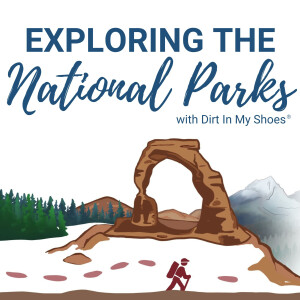
Exploring the National Parks

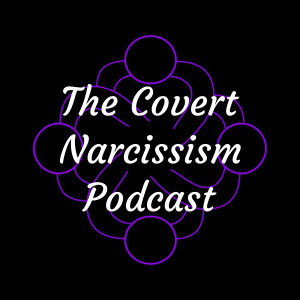
The Covert Narcissism Podcast


Greece Travel Secrets Podcast

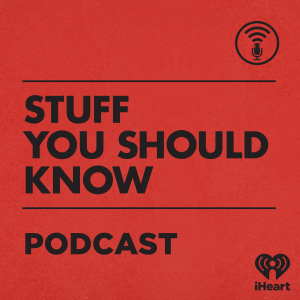
Stuff You Should Know

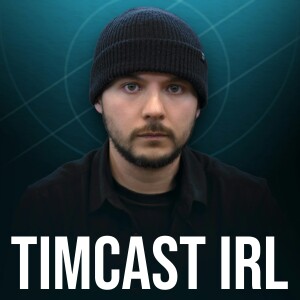
Timcast IRL

- Privacy Policy
- Cookie Policy
- Terms of Use
- Consent Preferences
- Copyright © 2015-2024 Podbean.com

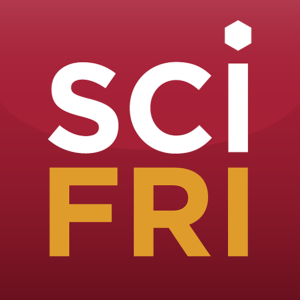

 iOS
iOS Android
Android